 The Knesset plenum on Wednesday, 13 Sivan, passed MK Dr. Aliza Lavie’s Religious Council Bill in a preliminary vote seeking to compel the appointment of more women on the nation’s religious councils.
The Knesset plenum on Wednesday, 13 Sivan, passed MK Dr. Aliza Lavie’s Religious Council Bill in a preliminary vote seeking to compel the appointment of more women on the nation’s religious councils.
Lavie explained the state’s local religious councils are responsible for burial services, mikvaos, shuls and other services and therefore there must be female representation on the councils. Lavie cited the failure of the nation to permit women to be adequately represented in many areas and this bill is another step in that direction.
MK Rav Moshe Gafne commented “You had an opportunity yesterday to elect a female president. More chareidim voted for a woman than female [MKs]. What hypocrisy”.
Deputy Minister of Religious Services Rabbi Eli Ben-Dahan stated “The bill contains erroneous data. There is not a single religious council with 20 members. Most [religious] councils consist of five members. We are setting a regulation in place compelling the appointment of one woman in the councils, hence 20% representation which is fair.”
Ben-Dahan added a decision was made a number of months ago to disband the current makeup of religious councils towards distancing politics from religious services. The ministry is going to issue public tenders to fill the councils so in essence, the bill is not relevant. Rabbi Ben-Dahan indicated the ministry hopes to put the new plan into play in the coming weeks.
38 MKs voted in favor of the bill in its preliminary reading while 12 were opposed. It now goes back to committee in preparation of its first reading.
(YWN – Israel Desk, Jerusalem)

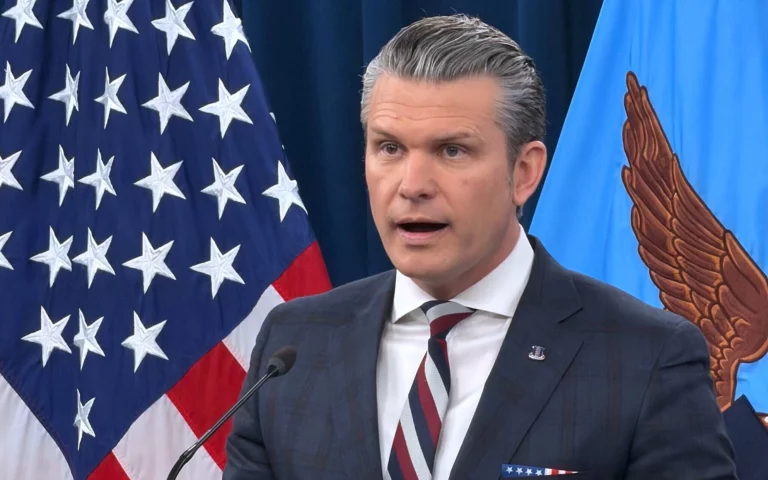
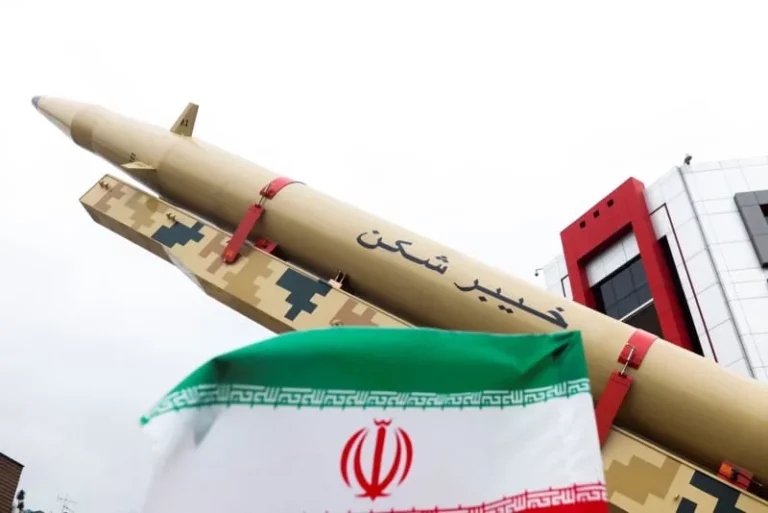


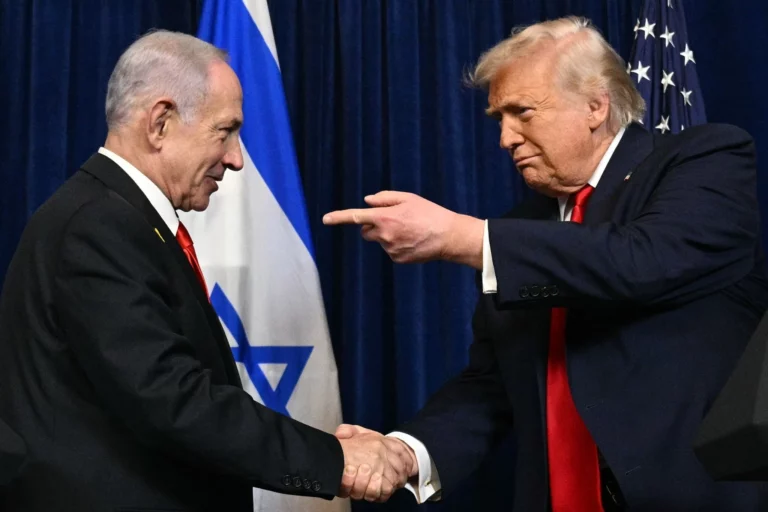
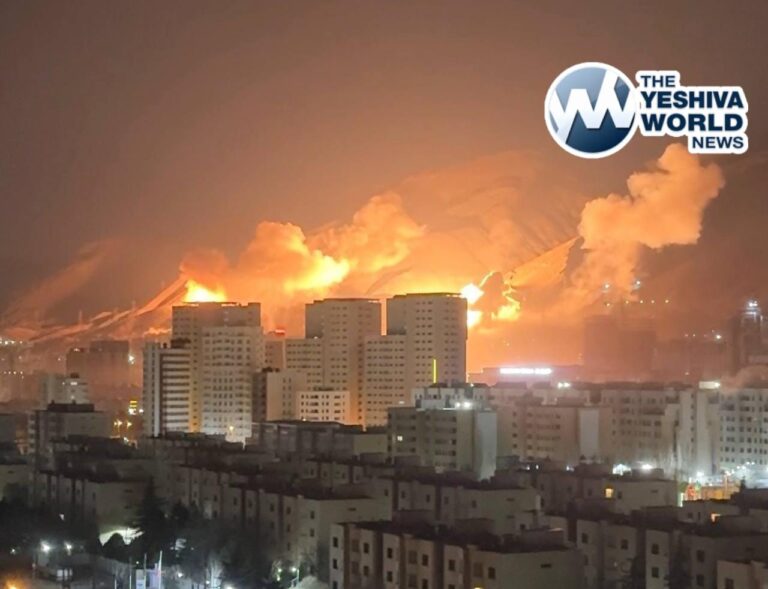

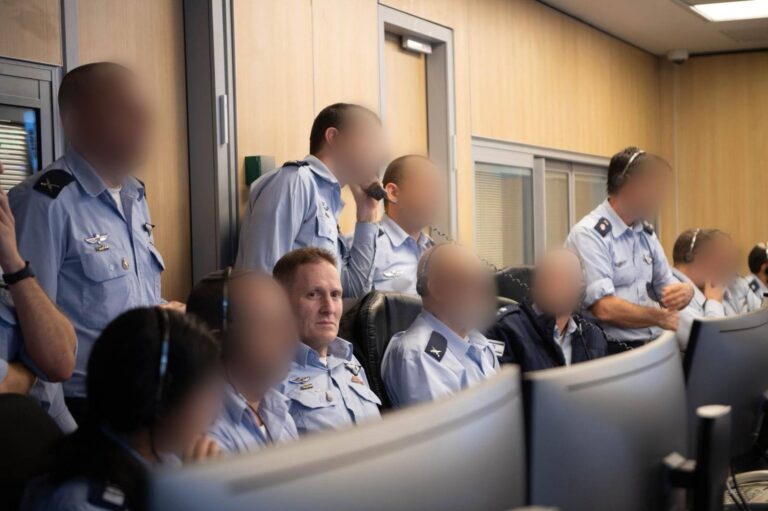
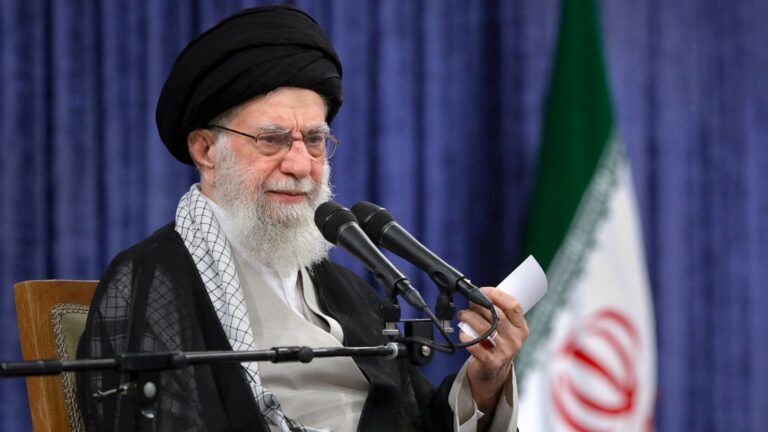

One Response
What are the duties of the religious council? If the council deals with things like where to put a mikve or how they are supposed to be built (not halachic aspects), I don’t see a problem with having women on the council. Women are the only ones who can advise of problems in the mikve like heating and cleaning, since men don’t go there.
In our Beit Knesset, we have women on the Va’ad, since women can definitely help decide logistic aspects of the shul like community functions, and they can let us know of any problems they experience in the Ezrat Nashim.